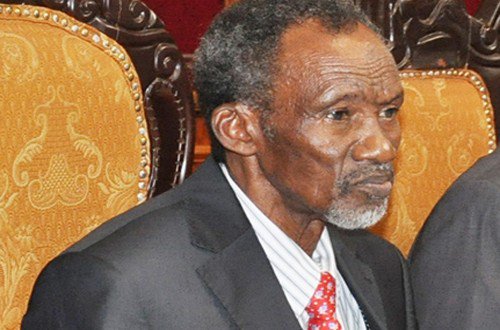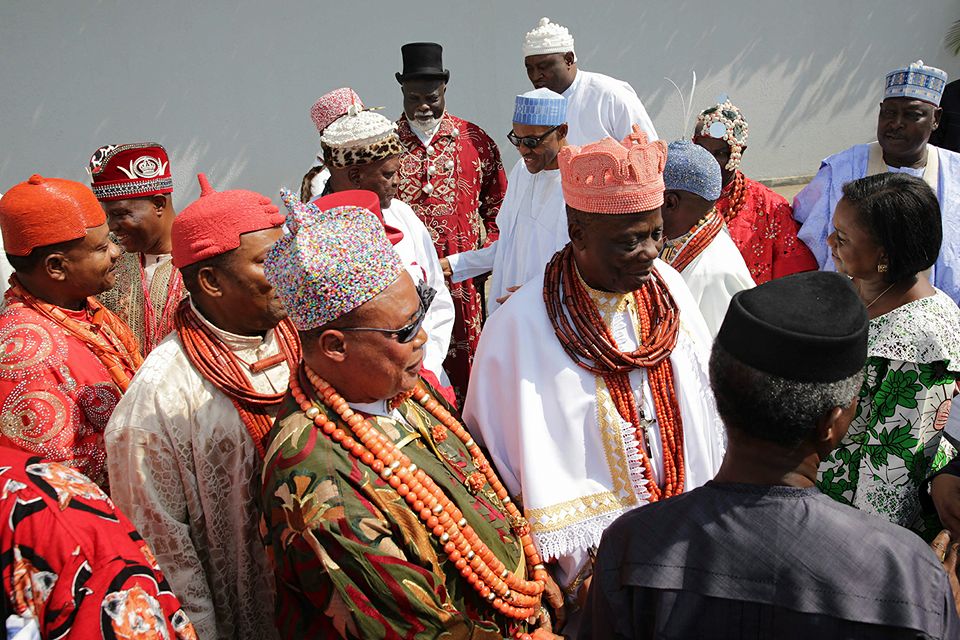Mahmud Mohammed, Chief Justice of Nigeria (CJN), says the executive is to be blamed for not removing corrupt judges from office.
In a letter dated October 26 and addressed to the Socio-Economic Rights and Accountability Project (SERAP), the CJN said the National Judicial Council (NJC) could only recommend to the executive, the removal of any judicial officer found to be corrupt and cannot remove same from office according to law.
While maintaining that it was only the executive who had powers to remove any corrupt judicial officer, Mohammed said the NJC could not hand over corrupt judges to law enforcement nor recover proceeds corruption, as SERAP had suggested.
According to him, the seven judges accused of corruption, like every other Nigerian was entitled to fair hearing as stipulated in Section 36 of the constitution.
Advertisement
“It is necessary to restate that the NJC is a creation of the 1999 Constitution of Nigeria (as amended) being established under Section 153 with its mandate clearly set out in Para 21, Part One of the Third Schedule to the Constitution. This provision clearly stipulates at Para 21(b) and (d) that the Council may only ‘recommend’ to the President and the Governors, the removal from office of Judicial Officers and to exercise disciplinary control over such Judicial Officers, which in effect is the extent of its power to discipline. Hence, the Council cannot, suo moto dismiss any Judicial Officer,” the letter read.
“The NJC can also neither ‘hand over corrupt judges to law enforcement agencies for prosecution nor recover proceeds of corruption, as you have suggested. It can merely recommend to act upon its findings, as it has always done.
“However, in exercise of its constitutional mandate, the NJC has enacted the Judicial Discipline Regulations, 2014 in order to ensure that petitions are received, investigated and addressed as appropriate.”
Advertisement
Add a comment







